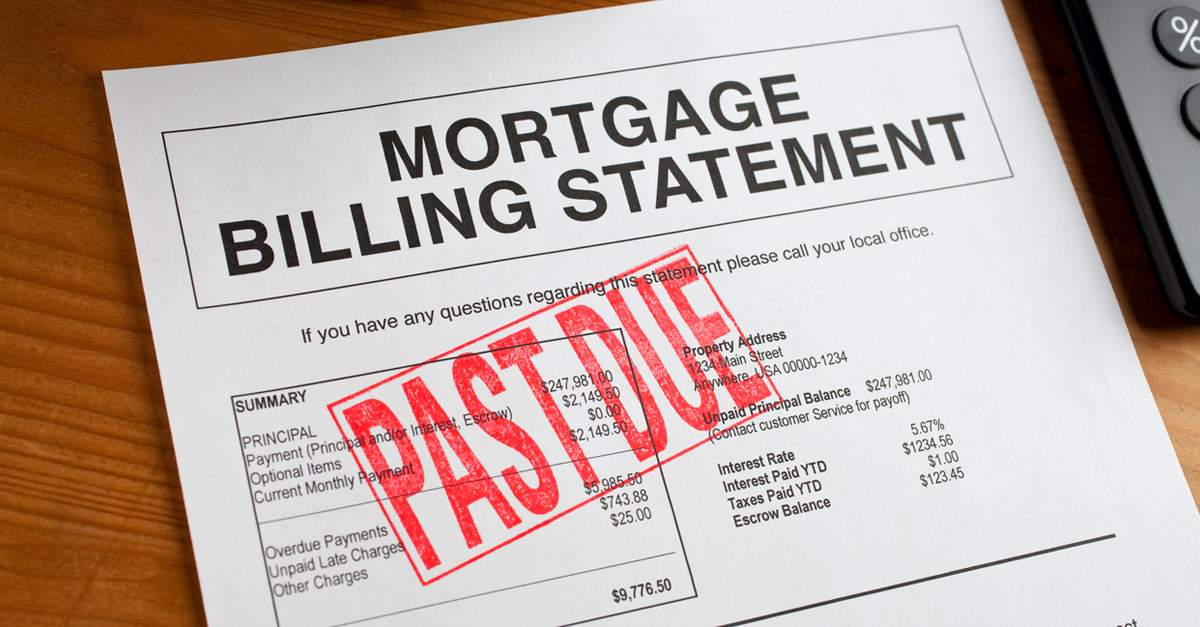
Because the COVID-19 pandemic and the financial difficulty it brought with it are far from being over, many Canadians still struggle to meet their mortgage payments. Mortgage deferrals helped for a while, but those deferral periods are now largely over. For most homeowners I meet, their mortgage is the last debt they want to go into default. They’ll do anything to avoid mortgage arrears, including taking on new credit to meet their monthly mortgage payment. The problem with this approach is that this debt, plus interest, must be repaid, leaving even less money available to pay your mortgage. So, what happens if you can’t afford your mortgage payments? The good news is you have options, and some of those options can help you keep your home if that’s what you want.
Table of Contents
What happens if you stop paying your mortgage?
Most homeowners who took advantage of the deferrals provided during the pandemic have been able to maintain their payments post deferral. However, the cost of this payment holiday means that your future mortgage payments are now higher. If someone in your household is out of work or your income is reduced, making those increased payments may be a problem. Or you may have taken on other loans and credit during the pandemic, and the combined effect has put you behind on your mortgage.
A missed payment isn’t hard to catch up on; however, multiple arrears will risk your ability to keep your home. Your mortgage agreement will define what happens when you are behind on your monthly payments. In most cases, mortgage lenders consider you to be in arrears if you have missed payments for three months or more.
Lenders have multiple options to deal with homeowners who fail to make payments, and these can include a power of sale or foreclosure.
If you also owe condominium fees or realty taxes, the lender may pay them directly to the municipality and then add the amounts to the principal balance.
Your best course of action is to control the situation before your lender enforces their right to foreclose or force a sale.
Months behind on your mortgage, what should you do?
If you are behind on your payments but believe you can catch up, you should speak with your mortgage lender about offering you some payment forbearance a little longer.
If your mortgage lender has denied any further mortgage deferrals, you have three options:
- Refinance with another mortgage lender
- Sell your home yourself and get out from under high mortgage payments
- Consider a consumer proposal to restructure your finances
Your first step may be to talk with another mortgage professional about refinancing with a new mortgage. However, if you don’t meet the income eligibility guidelines or have a bad credit score, getting a new mortgage may be difficult. Even if you have equity in your home and a good credit rating, without enough income to make monthly payments, remortgaging or refinancing may not be possible. Keep in mind that dealing with a high-risk mortgage lender will result in higher interest rates.
What you should not do is continue to borrow more consumer debt to keep afloat. Avoid using your credit cards or taking on a high-interest installment loan to make mortgage payments unless you know your situation is short term. Building up more bad credit will damage your credit score and make balancing your budget that much more difficult.
The question you need to answer is: Why can’t I afford my mortgage payment?
If you own more home than you can afford, you may have to consider the hard choice to sell your home and downsize or rent. You can sell your home if you are behind on mortgage payments as long as your mortgage lender has not already completed any power of sale or foreclosure process. Choosing to sell is something you want to control, rather than letting the lender decide for you.
If you are late with your mortgage payments because of other debt, like credit cards or a car loan, an alternative may be to talk with a Licensed Insolvency Trustee. A trustee can provide you with solutions to eliminate unsecured debt, so you have enough room in your budget to keep up with your mortgage payments.
What can a Licensed Insolvency Trustee do to help with a mortgage in arrears?
If you feel you can afford your home but can’t repay your other debts, it may be time to look at debt relief options like a consumer proposal. It is possible to get out of debt without losing your home.
First, it’s essential to understand that a consumer proposal does not deal with secured debt. You are not required to cancel your mortgage, and you can keep your home if you are making your monthly payments. Lenders cannot foreclose on your home or revoke your mortgage because you filed a consumer proposal or bankruptcy.
A consumer proposal can be a proactive measure to eliminate other problem debt you may have and improve your cash flow so you can catch up and maintain your future mortgage payments. A consumer proposal is a debt repayment plan that allows you to keep assets like your home. With this option, you make a deal with your unsecured creditors to repay a portion of what you owe. The amount you pay depends on your income and what assets you may own, including any equity in your home.
Because bankruptcy and home equity laws vary by province, it is important to speak to a Licensed Insolvency Trustee where you live. The trustee’s role in a consumer proposal is to help you develop an offer that you can afford and that your creditors are likely to accept. A Licensed Insolvency Trustee will review your budget, ask you to obtain a valuation on your home and any other assets you have, and from there help you determine how much to offer.
The trustee will also help you assess whether you can financially afford to catch up on your mortgage arrears if your other debts are eliminated. If not, they can help you decide whether it makes more sense to sell.
What if your home is worth less than your mortgage?
The housing market in Canada, especially in cities like Toronto, has remained strong despite the pandemic. Most Canadians have seen a rather dramatic rise in their home’s equity from price appreciation. As I noted above, you can use this appreciation to make a proposal to creditors to eliminate unsecured debt and get you back on a firmer financial footing.
But what happens if your home is worth less than your mortgage? If your home has negative equity, you can walk away from your mortgage. If you or your lender sell your mortgaged property for less than the balance due on the mortgage, the lender can pursue you to collect any shortfall. However, this shortfall can be eliminated through a consumer proposal, along with other debts.
Getting debt advice
If your mortgage is in arrears, it can help talk with a Licensed Insolvency Trustee. This is especially true if:
- You have significant other unsecured debt like credit card debt, bank loans, payday loans and even tax debts that are making it hard to pay your mortgage, or
- You owe more than your home is worth.
By all means, speak with a mortgage broker, but if either of the above scenarios sounds like your current financial situation, consider booking a free consultation with a Licensed Insolvency Trustee for debt advice as well.





